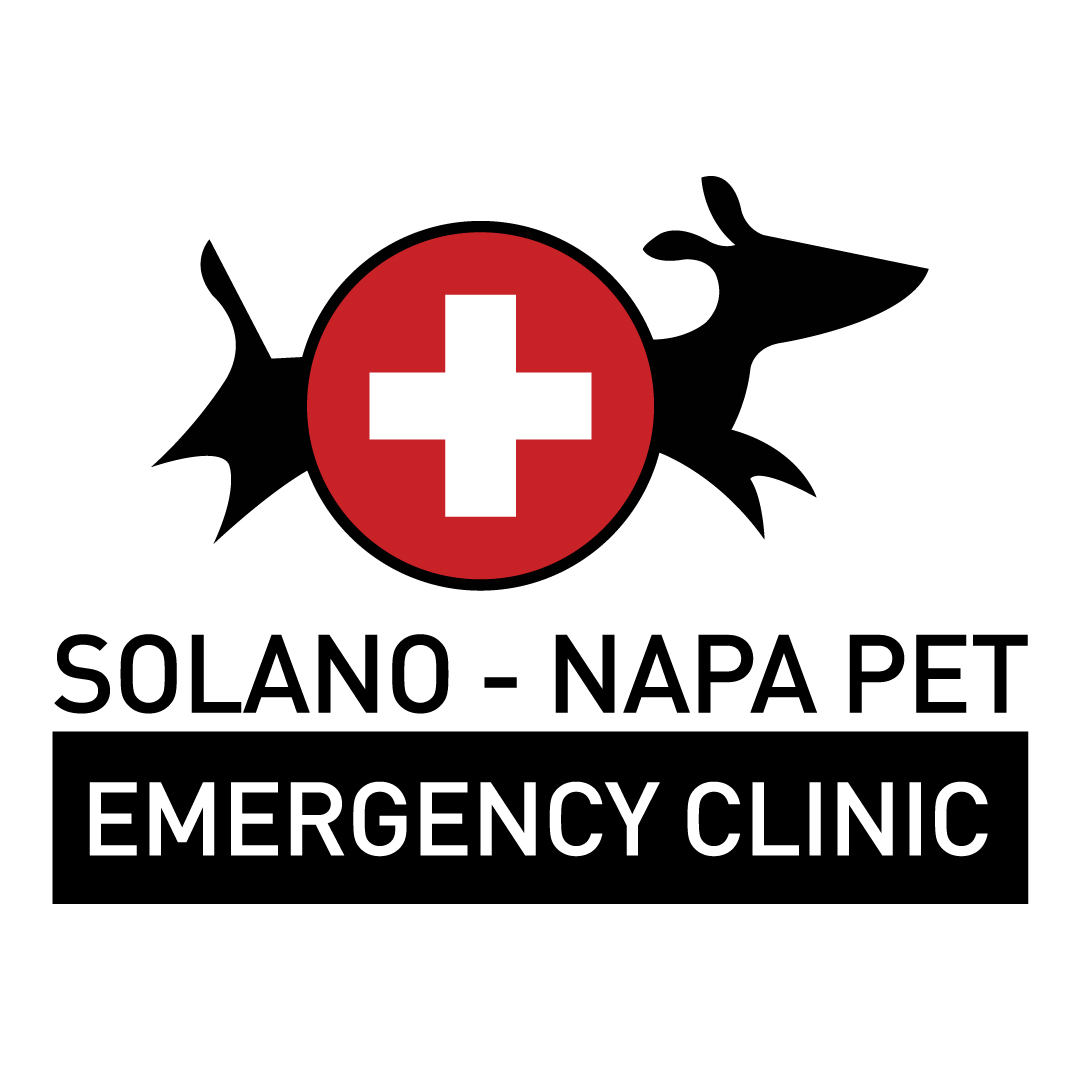When your dog needs surgery, whether planned or in an emergency, it can be a stressful time filled with lots of questions for your veterinarian. From pre-surgery lab work to post-surgery care, there are many things to consider for a successful surgery and recovery and you are likely to have questions. That’s why we’ve taken the most frequently asked questions about dog surgery and answered them here.
Solano-Napa Pet Emergency Clinic is open 24/7/365 to serve you and your beloved pets. If you are in need of urgent or emergent service, we are here for you!! Please call us at (707) 864-1444.
What do I need to know before my dog has surgery?
You should know several things before your dog has surgery to ensure you understand your dog’s needs before and after the procedure.
Before surgery, a dog owner should know:
- Exactly why your dog needs surgery
- What the surgery entails
- Expected recovery time
- Post-operative care for your dog
Will my dog need lab work done before having surgery?
Most veterinarians require patients to have lab work done before surgery. This is primarily to understand the dog’s overall metabolic stability going into the procedure and ensure they are healthy enough to undergo anesthesia.
What will my veterinarian be looking for in the pre-surgery lab work?
Your veterinarian will use the pre-surgery lab work to assess how well the anesthesia drugs will be metabolized or digested. They’ll check organ functionality, as well as your dog’s platelet count to ensure their blood is clotting properly and there aren't any other significant abnormalities. The results of these checks will inform your veterinarian if their anesthetic risk is high and if you need to change your plans for the procedure.
Does my dog need to see a specialist for their surgery?
The type of surgery being performed determines whether or not we need to refer your dog to a specialist. For example, orthopedic surgery requires a specialist, as well as some types of emergency surgeries. Your veterinarian will refer you to a specialist as needed. The American College of Veterinary Surgeons defines the various veterinary surgical specialties and what the training entails.
Who will be monitoring my dog while under anesthesia?
Dog surgery is performed by a team of veterinarians and technicians. Some technicians are registered veterinary technicians who have additional schooling, licensing, and training in anesthesia. They are the team members who monitor the anesthetic procedures. The AVMA offers insight into when anesthesia is needed, and the entire process from start to finish.
How long will my dog take to recover after surgery?
Post-surgical recovery is variable depending on what procedure was performed.
Dog surgery recovery times are estimated to be:
- 10 days for soft tissue surgeries, such as spays, neuters, and wound repairs
- 1-2 weeks for oral surgeries
- 2 weeks for more complicated procedures, such as severe wound repairs
- 6 weeks to 6 months for orthopedic surgeries, depending on the surgery
How can I help my dog recover at home after surgery?
One of the most critical things we tell dog owners at Solano-Napa Pet Emergency Clinic is to pay close attention to the discharge instructions provided, which you'll receive following the procedure. Those instructions include detailed information about pain management, medications prescribed, incision care, and guidelines for their activity level. Activity restrictions are vital to the healing processes, as well as using an e-collar or cone during times when your pet will be unsupervised.
Solano-Napa Pet Emergency Clinic is open 24/7/365 to serve you and your beloved pets. If you are in need of urgent or emergent service, we are here for you!! Please call us at (707) 864-1444.
